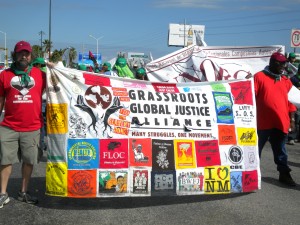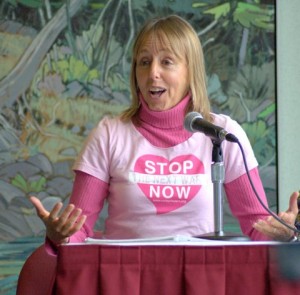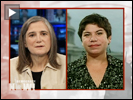
Just added (2/1/11) to this post: Scroll below to learn about a petition you can sign to take action.
—
So can I travel to Cuba or not? That’s what many Americans are wondering since the Obama administration’s January 14th announcement that it is lifting some government-imposed restrictions on travel to Cuba for several categories of U.S. citizens. Once the regulations are public and finalized, certain types of travelers, with proper licenses, in these categories will potentially be able to visit the country:
- College students
- People engaged in journalism
- Those sponsored by religious organizations
So if you fall into one of these categories, your chances of traveling to Cuba just improved!
Under the new policy, which is still being finalized, students from accredited colleges and universities may now travel to Cuba on what is known as a “general” license, meaning they don’t have to seek individual permission from the government as long as they meet certain criteria. This also applies to Americans traveling there for “journalistic activities” or under the auspices of religious groups.
 In addition, non-profit organizations (including Global Exchange) will once again be able to apply to the Treasury Department for a license to arrange “people to people” travel to Cuba, which we did through our Reality Tours program from 2000 to 2004.
In addition, non-profit organizations (including Global Exchange) will once again be able to apply to the Treasury Department for a license to arrange “people to people” travel to Cuba, which we did through our Reality Tours program from 2000 to 2004.
Beginning in 2004, however, the Bush administration restricted the number of Americans allowed to travel to Cuba to a handful of specific professions, such as full-time journalists and academics. Despite various government restrictions, more than 15,000 people have traveled to Cuba as part of a Reality Tour in the past 22 years.
Global Exchange Director of Reality Tours Malia Everette explains:
About half of the roughly 90 trips we arrange each year are to Cuba, including our most popular series called ‘Cuba at the Crossroads’, which allowed Americans who wouldn’t have qualified to travel there under a ‘professional’ license to see the country for themselves. Those trips enabled them to experience everyday life in Cuba under the effects of the U.S. embargo, and see how it is transitioning into a more dynamic and sustainable society.
 Guess how many nations in the world deny its citizens the right to travel freely to Cuba? One. In fact, the U.S. remains the only nation in the world that denies its citizens the right to travel freely to Cuba. It has no similar restrictions on travel to any other countries — including Iran and North Korea, members of President Bush’s so-called “axis of evil” to which Reality Tours also organizes delegations.
Guess how many nations in the world deny its citizens the right to travel freely to Cuba? One. In fact, the U.S. remains the only nation in the world that denies its citizens the right to travel freely to Cuba. It has no similar restrictions on travel to any other countries — including Iran and North Korea, members of President Bush’s so-called “axis of evil” to which Reality Tours also organizes delegations.
Walter Turner, president of Global Exchange’s board of directors and host of the popular Pacifica Radio program “Africa Today “ warns that these recent changes in Cuba travel policy should not stop here:
The new regulations give our Reality Tours participants new options for much-needed exchange between the people of the U.S. and Cuba, but while we appreciate this opening, it still doesn’t fully recognize the right of ordinary U.S. citizens to travel to Cuba freely, as they can do to any other nation, to learn about the world. If we’re going to promote human rights abroad, we need to respect the rights of our own citizens here at home.”
For more information about traveling to Cuba, updates on the forthcoming regulations, including the resumption of the popular “Cuba at the Crossroads” series, or trips to more than 30 other countries around the world, visit www.realitytours.org.
Take Action!
And now, a few words from our friends The LAWG (Latin America Working Group) Cuba Team:
Clearly there is more work to be done to change U.S. policy toward Cuba, but we think a “thank you” to the President and encouragement to do more is appropriate. By clicking here, you can send an email to the White House with a message of thanks and a request for more. You will be able to edit the letter to the President to add your own comments (it is best to be brief).






